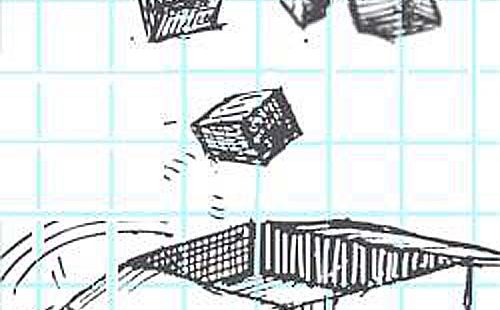Immanent
Though these three words may sound exasperatingly similar, they have three very different meanings. When something is imminent, it is destined to happen e.g. “the imminent sunset.” Eminent can refer to a person of high rank or repute: “an eminent king,” or anything that noticeably pokes out like “an eminent nose.” But when something is immanent, it is inherent or inborn. Will your immanent linguistic eminence shine through when you use these words correctly? Of course, it’s imminent! Our next slide separates a verb from a noun. Do you know which is which?






















